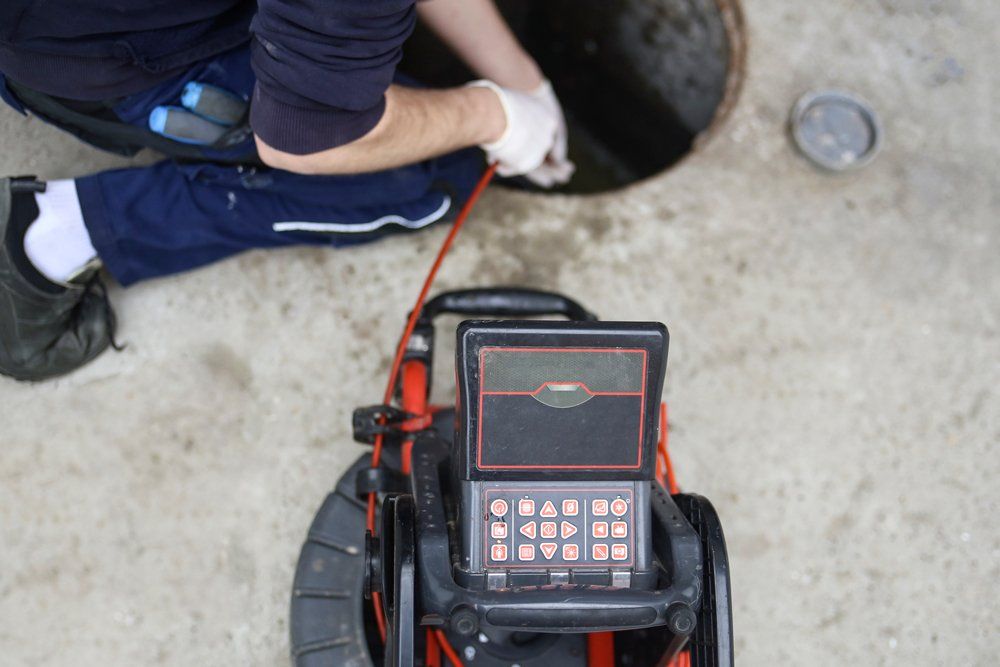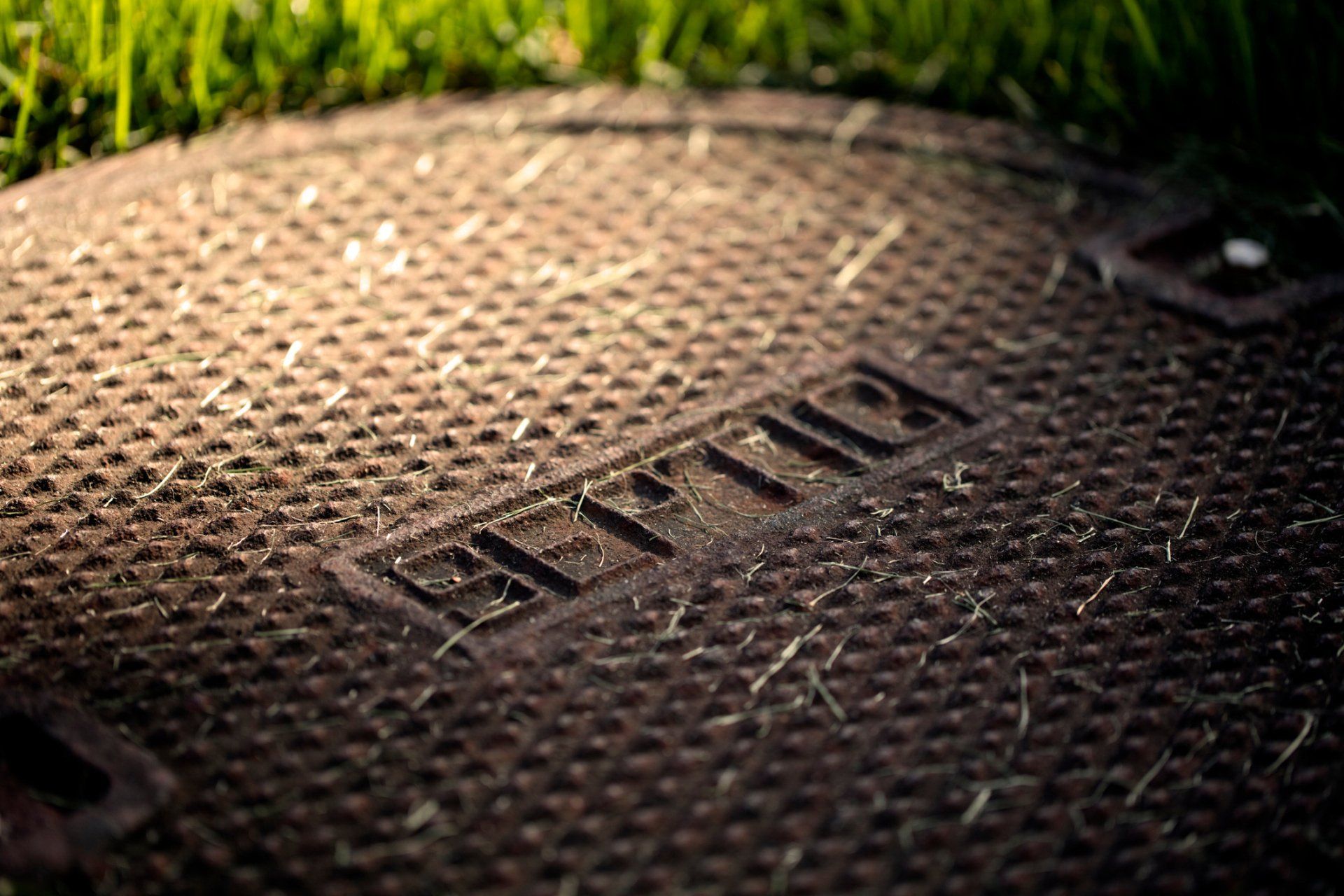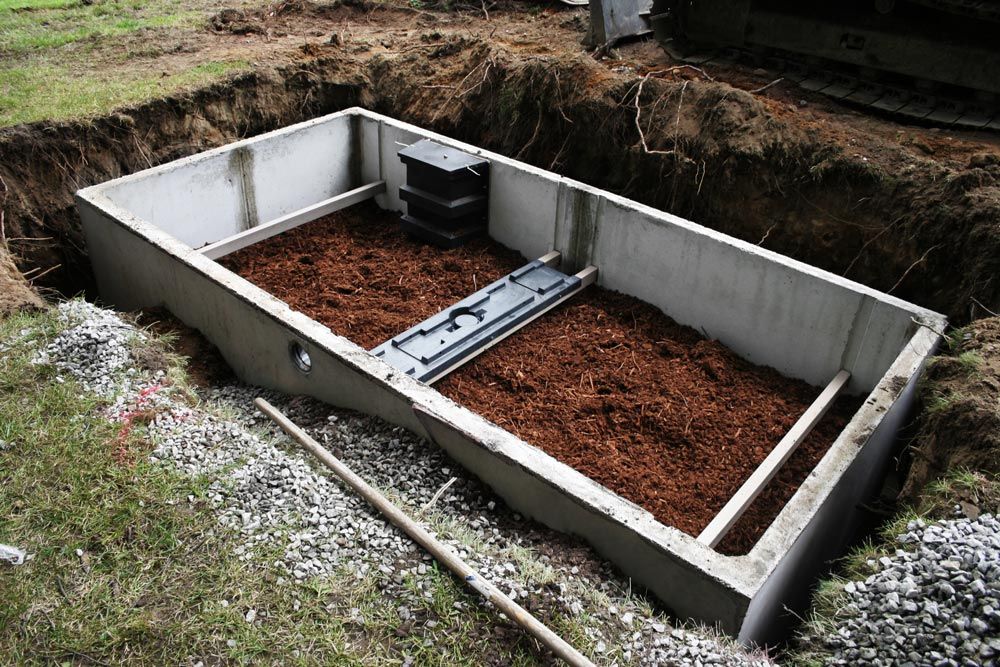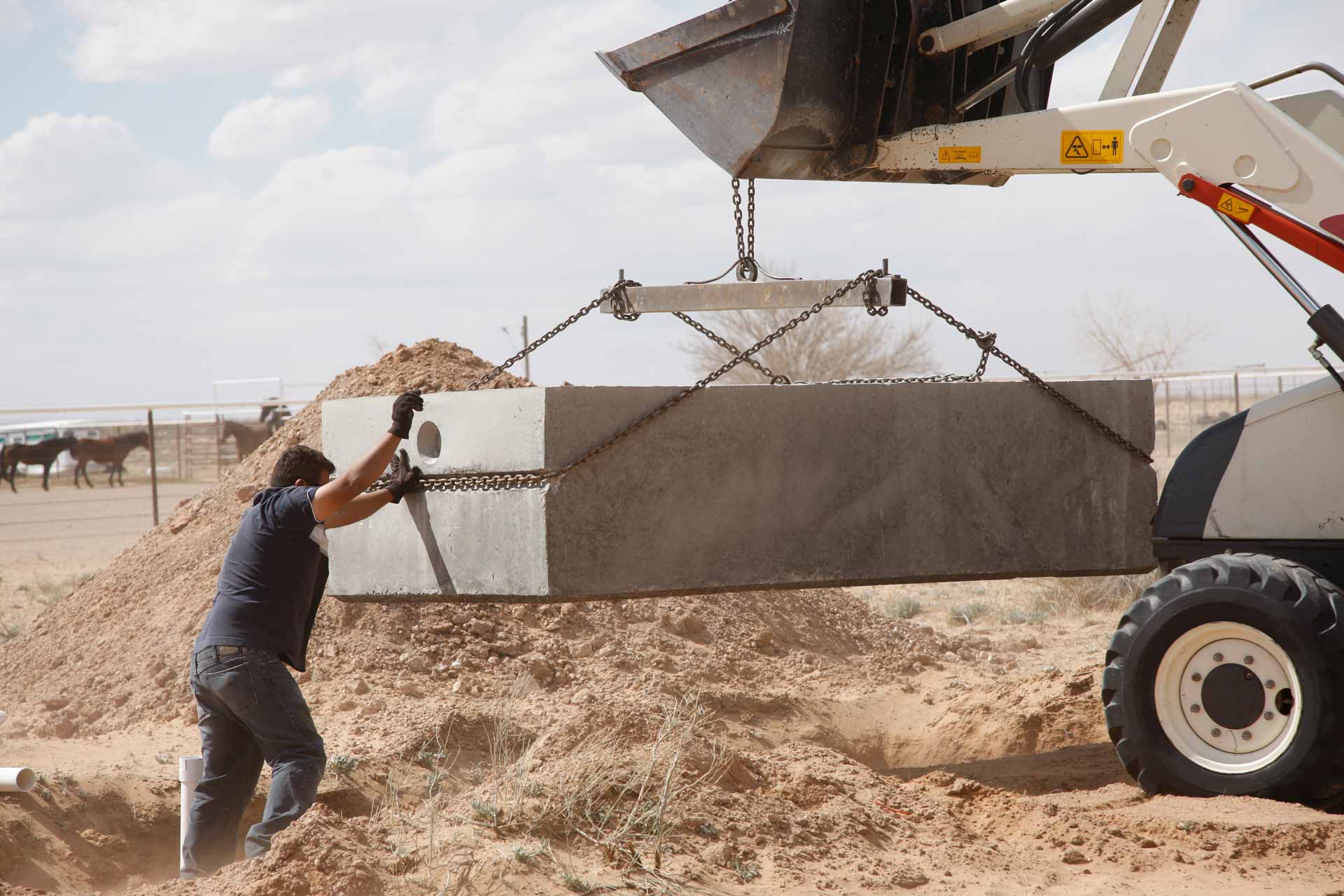Steps to Take If You Suspect Septic Damage
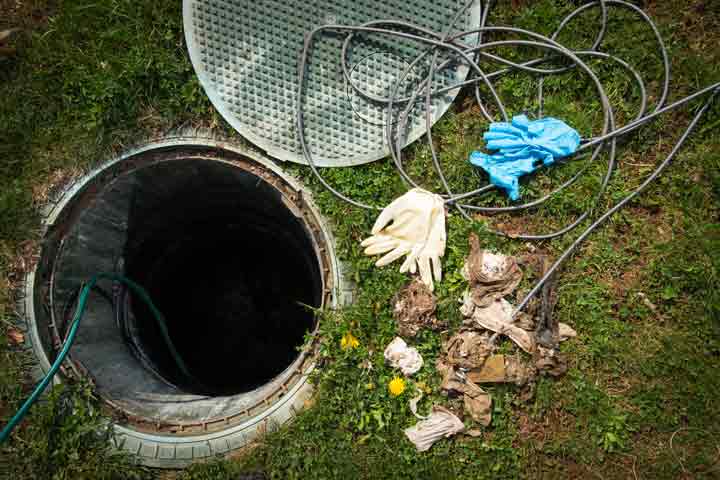
Your septic system can become damaged in a variety of ways and for a variety of reasons. So when you notice the first signs of an issue, you may be at a loss wondering what to do next. After all, most of the system is underground, so you can't exactly check it over for damage yourself.
In addition, looking inside the septic tank can be unsafe, especially if you're not properly trained, and you should never enter the tank under any circumstances. Instead, play it safe and use professional services once you've determined that your septic system needs to be investigated and perhaps repaired.
Here are the next steps to take if you suspect some type of damage to your septic system.
1. Rule Out the Weather
Sometimes a particularly rainy spell of weather can slow or stop septic processing for a period of time. If slow drains or the septic alarm going off are the only symptom of problems, the weather can sometimes be to blame.
If you have had a lot of rainy weather recently, try using less water for the rest of the day and see if the issue resolves on its own. If a septic alarm problem doesn't resolve after fifteen hours or so, you'll want to call in a septic professional to see if you have another underlying issue.
2. Look for a Proximate Cause
Some things that can cause damage to a septic system include:
- Driving over the septic area (even with a small car or riding lawnmower)
- Flushing solid items down the toilet or drains
- Using the kitchen garbage disposal
- Natural disasters such as earthquakes or floods
- Lack of maintenance
If you've noticed any of these possible causes, you'll be able to tell your septic contractor about it when they arrive. This could help them to diagnose the issue faster.
3. Decide Between a Plumber and a Septic Contractor
In some cases, plumbing problems such as clogged drains can present symptoms similar to the symptoms of septic issues (such as a clog in the septic baffle or the main sewage line). In either case, backups or slowdowns can occur.
One sign that you could have a plumbing problem is if only one or two specific drains are slowing down (such as just the shower drains). Shower drains and kitchen sink drains may clog especially easily. But if several or all of your drains seem to be slowing or stopping, a septic issue or main drain line clog is more likely to be the problem.
4. Call for Repairs
Your septic system contractor can make a house call to inspect and diagnose any septic issues for you. Some homeowners will notice the septic system is running slow and simply call for a tank pumping. However, pumping the tank doesn't fix the issue; you'll just have problems again when the tank fills back up in a few days.
So although septic repairs may not sound like an attractive way to spend your home repairs budget, don't skimp on this area of home maintenance. Avoiding repairs today could compound the issue, which in a worst case scenario could mean that your system quits completely and needs to be repaired sooner than normal.
5. Avoid Using Drains
While you wait for your septic contractor to arrive, you'll want to avoid overloading your septic system with wastewater. No matter what the issue is, expecting a damaged system to function like normal isn't reasonable. And in some cases such as a main line clog, using the system like normal could just result in dangerous sewage backups in your home.
These steps can help you to progress from first noticing a septic problem all the way to safely repairing the system. For more information on septic pumping, line cleaning, and other services we provide, get in touch with Pete's Outflow Technicians today.

